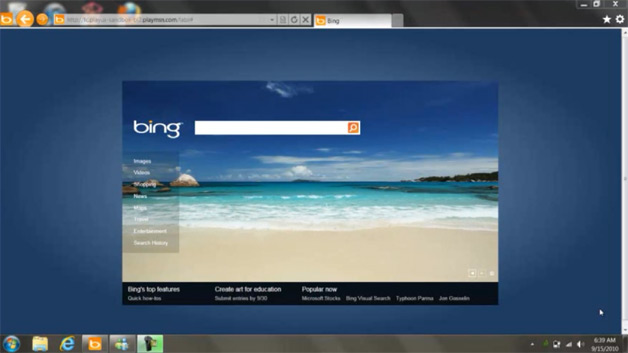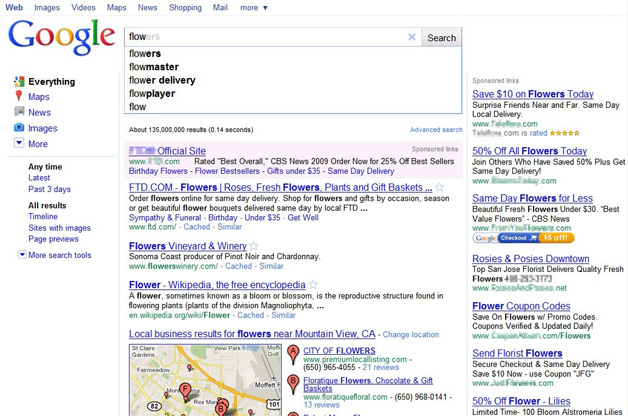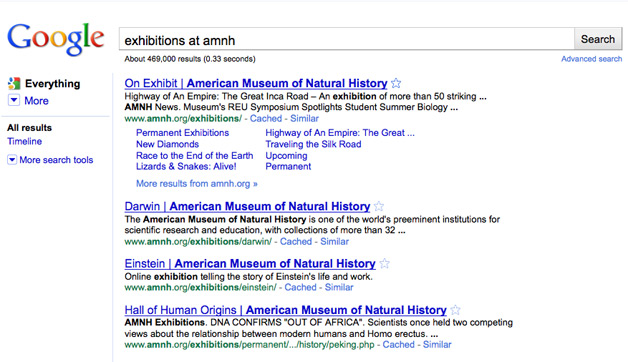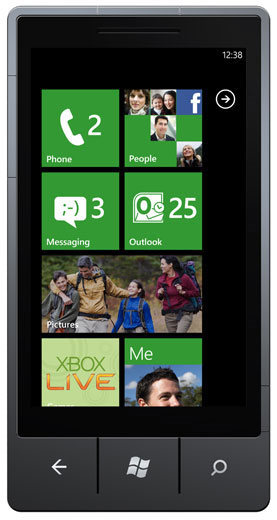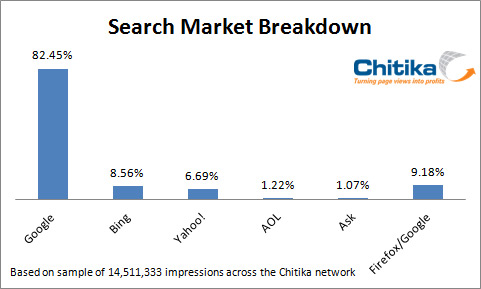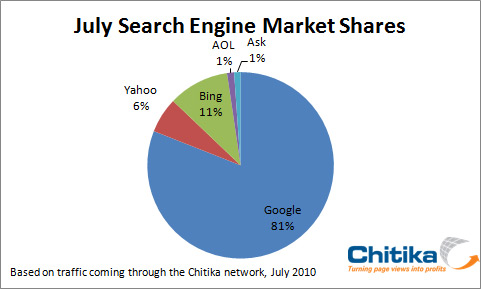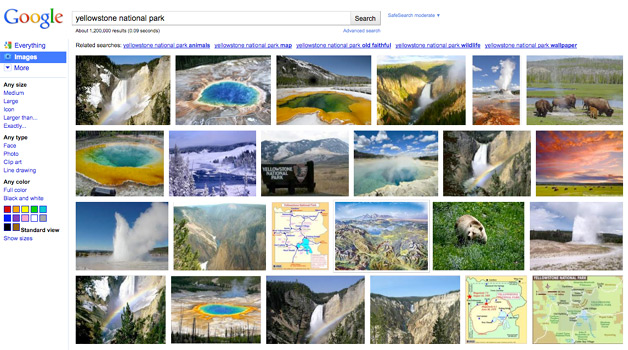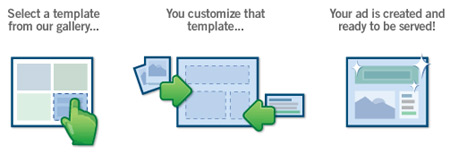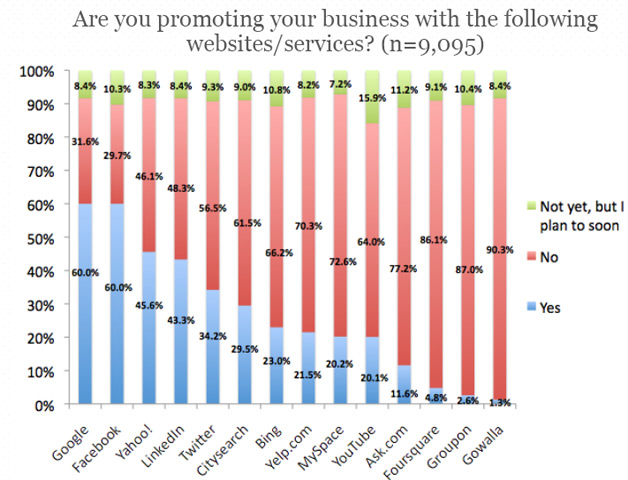Microsoft partners with Facebook to bring social relevance to its Bing search engine. This is a huge announcement with deep implications for the future of search and whether Bing can make gains on Google. Microsoft is leveraging it’s ownership stake in Facebook to strike an exclusive relationship that can’t be matched by Google. In essence, Bing is betting that social signals are better than link signals in determining search relevance.
Are social signals more relevant than links? Let us know in the comments.
Facebook co-founder Mark Zuckerberg himself made this announcement of a social search partnership with Bing. Zuckerberg stated, "What makes this a great partnership is that in this case Microsoft is the underdog in search. In fact, I couldn’t think of anyone better to be working with to build the next generation of search!"
One of the first products of the Bing / Facebook partnership is that via a Bing iFrame, Bing search results are native inside of Facebook searches. Now, Facebook data will be integrated into Bing and influence search results based on signals from the searchers social connections. This product, called Bing Social brings Facebook posts and links that relate to the topic searched right into search results.
How does Bing bring the social context of Facebook into search relevance? Starting today, Bing is integrating data from your friends and social network into search results. This could include information on "likes", reviews, photos and links from your friends into your search experience. According to Bing, search results will be really personal to the user, different than what others will see for the same search. This "instant personalization" will make a search by you relevant to you alone and not necessarily that relevant to someone else.
Obviously, the impact on SEO will be enormous. Search optimization currently relies extensively on relevant links from authority sites. If links and ‘likes’ from your personal social network become more important than links from websites then SEM’s will need to rethink their SEO strategy.
With the Facebook module your search results will now include information on what your friends liked or commented regarding the restaurant or movie or other item you searched for. Your Bing search results will actually be different depending on what your network of friends link to, like or dislike.
Another big implication is with a non-celebrity people search. Search engines don’t do this well today, often giving non-relevant results for common names. What Bing is going to do is use signals provided by Facebook such as location, friends, jobs and their interests to better determine what person you may actually be searching for. Bing is opening up features that will let you additionally add and confirm data back to Facebook as well. Bing also has plans to bring in the faces from Facebook of those who liked and disliked links that show up in your search results.
Social search may reignite the search wars. After all, Google rose up to conquer other search power houses like Alta Vista because PageRank made search results more relevant. If social search makes search results even better, then history has shown that the most relevant search algorithm will ultimately win consumers over!
